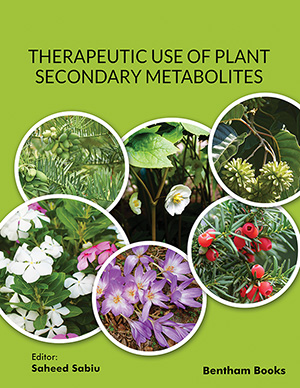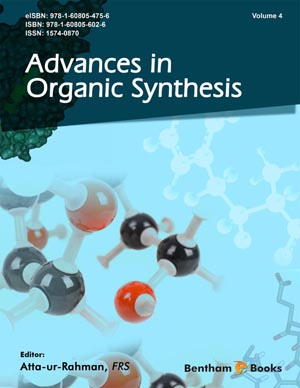Abstract
Neither transmittable nor communicable, painstakingly the second most fatal disease worldwide, cancer has gained the interest of scientists who are attempting with tenacity to decrypt its unknown facets, discover new diagnosis techniques, as well as to create improved and more efficient treatment methods. A major impediment to effective cancer therapy is the inability to destroy the complete malignant tumour growth and evolution of tumour resistance. Chemotherapeutic drugs are known for their cell death mode of action, thereby incapacitating non-cancerous cells in the process. A successful anti-cancer drug should kill or debilitate cancer cells without causing unnecessary damage to normal cells. Administration of natural bioactive compounds exemplifies an alternative technique as they are associated with lower toxicities. These bioactive molecules are effective and demonstrate great specificity as they possibly operate as potent anti-oxidants and apoptosis inducers. Moderating apoptosis might be helpful in managing, treating, or deterring cancer. Significantly, bioactive compounds are providing such templates. Plants have a long history in cancer treatment. More than 3000 species have been known for their anti-cancer potential. Over 60% of currently used anti-cancer agents are derived in one way or another from higher plants. This chapter describes the roles and advancements of the use of bioactive compounds in the treatment of cancer.






















